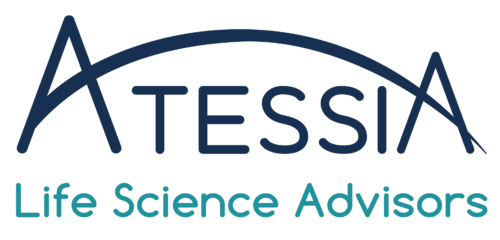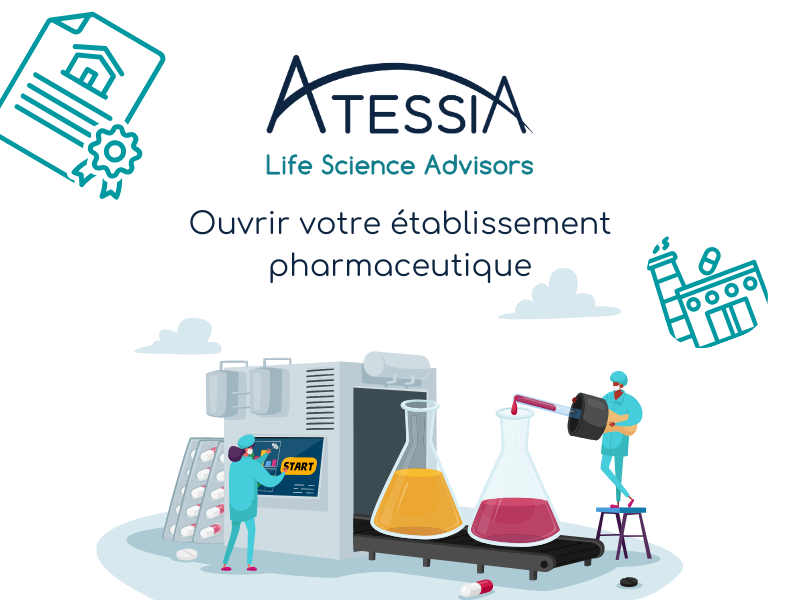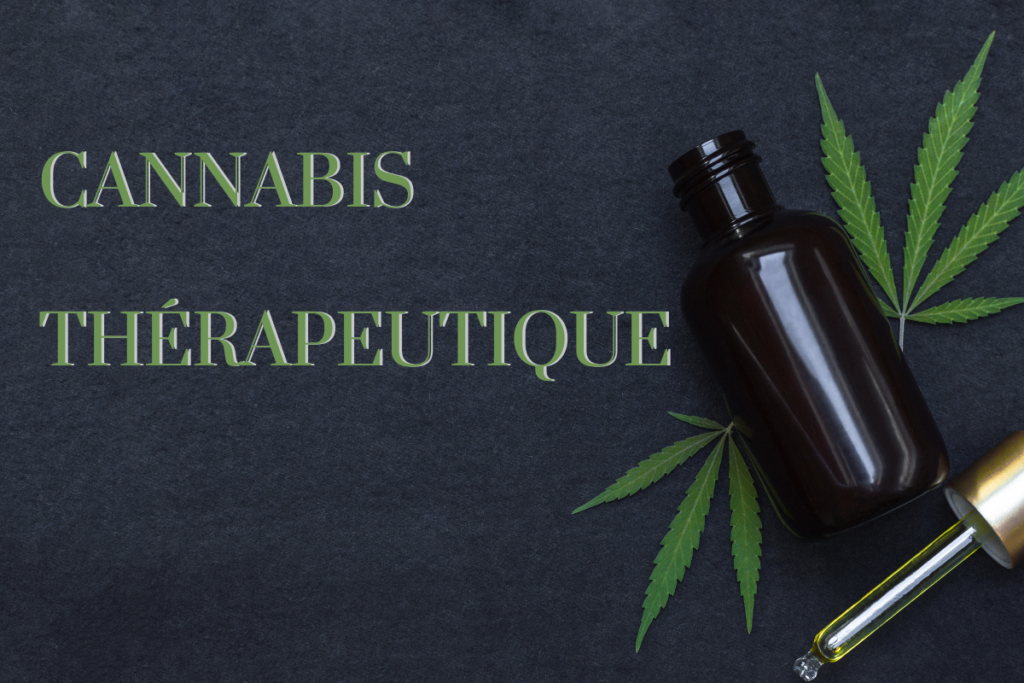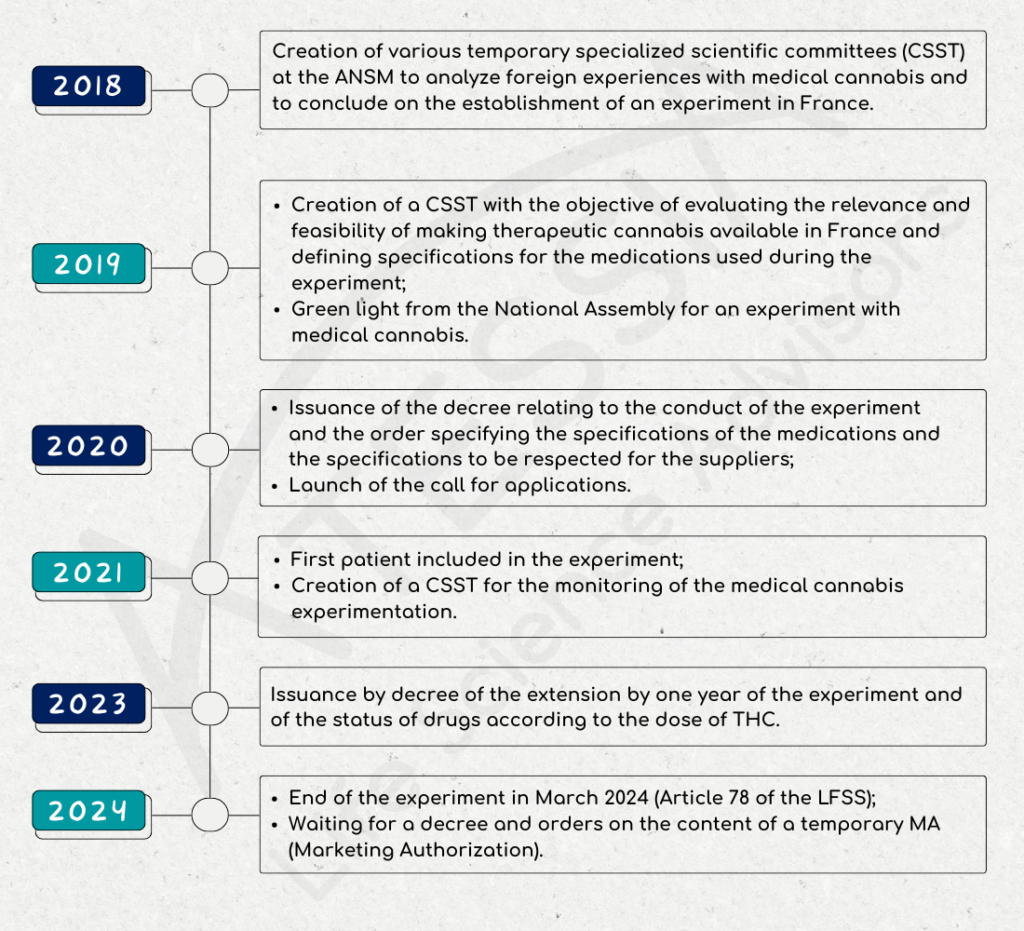How to open a pharmaceutical establishment in France?
- What status for my establishment?
In France, the Public Health Code (PHC) defines different status:
| Status | Authorised activities |
| Manufacturer | Manufacture of medicinal products, products or objects referred to in Article L. 4211-1 of the PHC |
| Importer | Import, storage, quality control and release of batches of medicinal products, products or objects referred to in Article L. 4211-1 from: States not members of the European Community or parties to the Agreement on the European Economic Area Or other Member States of the European Community or parties to the Agreement on the European Economic Area when the medicinal products, products or articles have been manufactured by an establishment not authorised under Article 40 of Directive 2001/83 of 6 November 2001 on the Community code relating to medicinal products for human use. |
| Exploitant | Exploitation of medicinal products other than investigational medicinal products, generators, kits and precursors mentioned in 3° of article L. 4211-1. |
| Depositary | Storage of medicinal products, products, objects or articles of which it is not the owner, with a view to their wholesale distribution and as is for the order and on behalf of: – one or more Exploitant of medicinal products, generators, kits or precursors mentioned in 3° of article L. 4211-1; – or of one or more manufacturers or importers of dressing objects or articles presented as complying with the Pharmacopoeia mentioned in 2° of article L. 4211-1 of the PHC. |
| Wholesaler | Purchase and storage of medicinal products, other than investigational medicinal products, with a view to their wholesale distribution as such |
| Wholesale distributor of pharmaceutical products other than medicinal products | Purchase and storage of intermediate products intended for further processing by an authorised manufacturer or of products, objects, articles, generators, kits or precursors referred to in 2° and 3° of Article L. 4211-1, with a view to their wholesale distribution and as such |
| Export Wholesale Distributor | Purchase and storage of medicinal products other than experimental medicinal products, products, objects, articles, generators, kits or precursors referred to in 2° and 3° of Article L. 4211-1, medicinal plants referred to in 5° of Article L. 4211-1, with a view to their export as such |
| Humanitarian wholesale distributor | Acquisition, free of charge or against payment, and storage of medicinal products other than investigational medicinal products, with a view to their wholesale distribution or export |
| Distributors of investigational medicinal products | Storage of investigational medicinal products manufactured or imported by companies or organisations defined in 1° or 2° of this Article (R.5124-2), with a view to their distribution as such for the order and on behalf of one or more sponsors defined in Article L. 1121-1 |
| Wholesale distributor of medicinal plants | Storage and controls and operations necessary for the wholesale and bulk distribution, in sachet-doses, fragments or in a fresh or dried state of medicinal plants mentioned in 5° of Article L. 4211-1 |
| Wholesale distributor of gases for medical purposes, | Purchase and storage of packaged gases for medical use, with a view to their wholesale distribution and as such |
| Wholesale distributor of the Armed Forces Health Service | Wholesale distribution of the medicinal products, products or objects referred to in Article L. 5124-8; |
| Pharmaceutical establishment for the protection of the population in the face of serious health threats | Purchase, manufacture, import and export of products necessary for the protection of the population against serious health threats, with a view to their distribution. |
| Pharmaceutical purchasing centre | Purchase and storage of medicinal products other than experimental medicinal products, with the exception of medicinal products reimbursed by compulsory health insurance schemes, with a view to their wholesale distribution as such to pharmacists who are the owners of a dispensing service either in their own name and on their own behalf, or in order and on behalf of pharmacists who are members of a dispensing or the structures mentioned in Article D. 5125-24-16 |
Some status are cumulative for all or part of an activity related to its status for the same legal institution. Example: a pharmaceutical establishment may be granted Exploitant status and may be granted manufacturer status limited to batch certification.
- Who issues the opening authorisation?
The Public Health Code specifies that the authorisation to open a pharmaceutical establishment is issued by the Director General of the National Agency for the Safety of Medicines and Health Products (ANSM). This opening authorisation is made public on EudraGMP. The start of the activity therefore requires prior authorisation from the ANSM to ensure that the project complies with the regulations and to verify that the necessary resources are available and that they will be implemented. This can be a challenge, for example when early access is about to start, or when a drug is being launched. Indeed, the Exploitant must be designated.
The opinion of the competent central council of the National Order of Pharmacists is required within 2 months for any opening of a pharmaceutical establishment, except for a pharmaceutical establishment dependent on the central pharmacy of the armed forces or the health supply establishments of the armed forces health service. At the end of the 2 months, the Director General of the ANSM can make a decision.
- How to compile your file?
For the opening of a pharmaceutical establishment, the ANSM website has 3 types of files available depending on the desired status:
- Manufacturer/Importer file
- Exploitant’s file
- Distributor file
In the event of a combination of activities, as in our example above for example, 2 files must be completed.
The application to be submitted must comply with the decision of 1 October 2019 on the submission of applications for authorisation to open and amend the initial authorisations of the pharmaceutical establishments mentioned in Article R. 5124-2 of the Public Health Code, except for establishments under the authority of the Minister for the Armed Forces (cf. Article R. 5124-5 of PHC).
Such a project includes essential areas of vigilance to carry it out. The constitution of the file requires defining the appropriate status according to the desired activity, anticipating the implementation of the desired organization to write a file that is as compliant as possible with what will be carried out in the future establishment as well as with the regulations in force. The ANSM is particularly attentive to the aspects of pharmaceutical liability, compliance with GxP and security of the premises. Identifying the pharmacist in charge upstream is a crucial point.
- What is the processing time?
No pharmaceutical operation may be carried out within the establishment until the authorisation to open has been obtained.
Depending on the desired activity, the applicant submits an application for authorisation to open a site to the ANSM via the dedicated secure platform “Démarches Simplifiées”.
Under the Public Health Code, the Director General of the ANSM is required to notify his decision within 90 days.
Once the file has been submitted by the Responsible Pharmacist in charge of the future establishment via « Démarches Simplifiées », the Responsible Pharmacist receives an email acknowledging receipt of the file.
The admissibility period begins. It lasts for 30 days from the date on which the application is received by ANSM, and allows the content of the application to be analysed: missing documents, incorrect naming of documents, etc. If the ANSM does not receive any requests within 30 days, the application is considered “admissible” and the processing can begin.
The ANSM may ask the applicant for any additional information. The 90-day period is then suspended from the date of notification to the Responsible Pharmacist of the request for additional information by the Director General of the ANSM, until receipt of the information requested.
The ANSM may also carry out an inspection during the processing period to ensure the accuracy of the information provided by the applicant.
If ANSM does not respond within 90 days, this is equivalent to:
- refusal of authorisation for manufacturer and importer applications.
- tacit authorisation for other establishments.
In recent years, Atessia has opened, modified or relocated more than a dozen pharmaceutical establishments.
This article was written by Isabelle BARBIEUX, Senior Quality Assurance Consultant.



